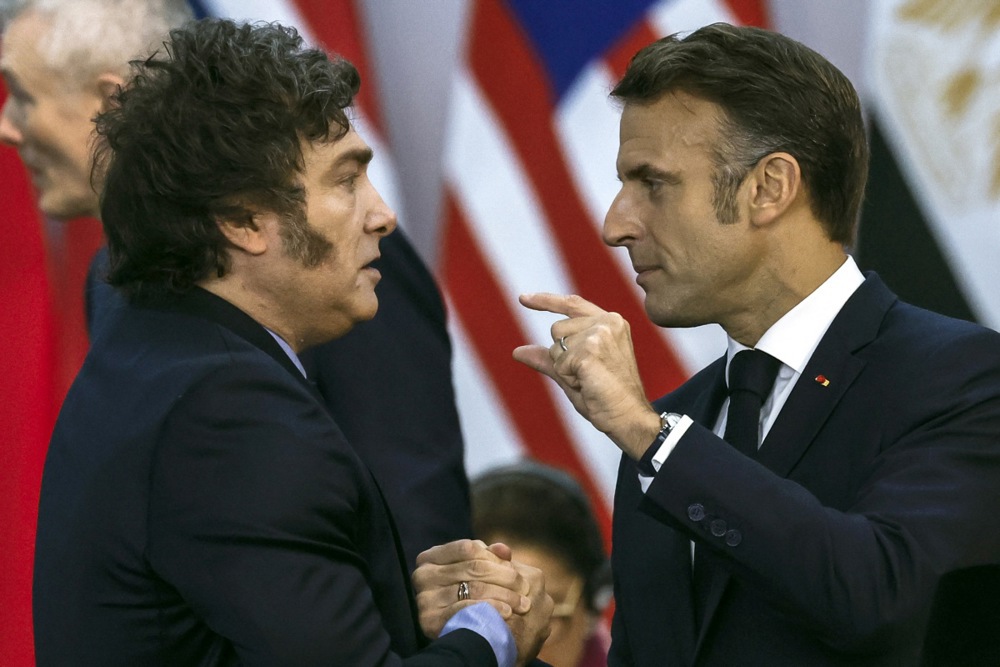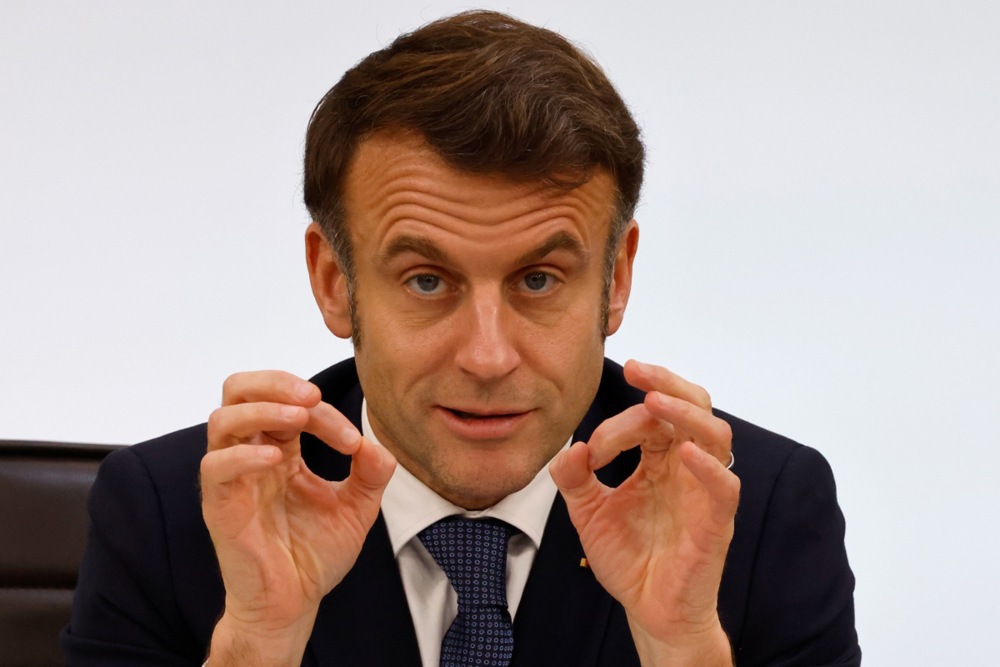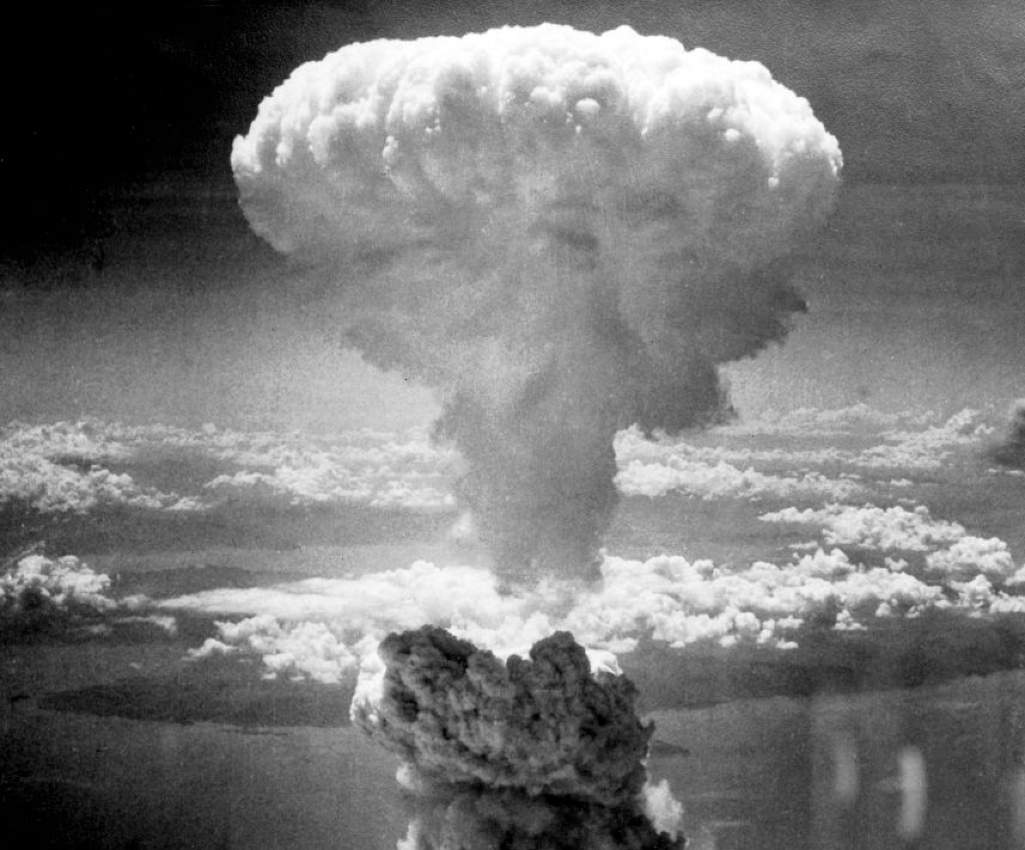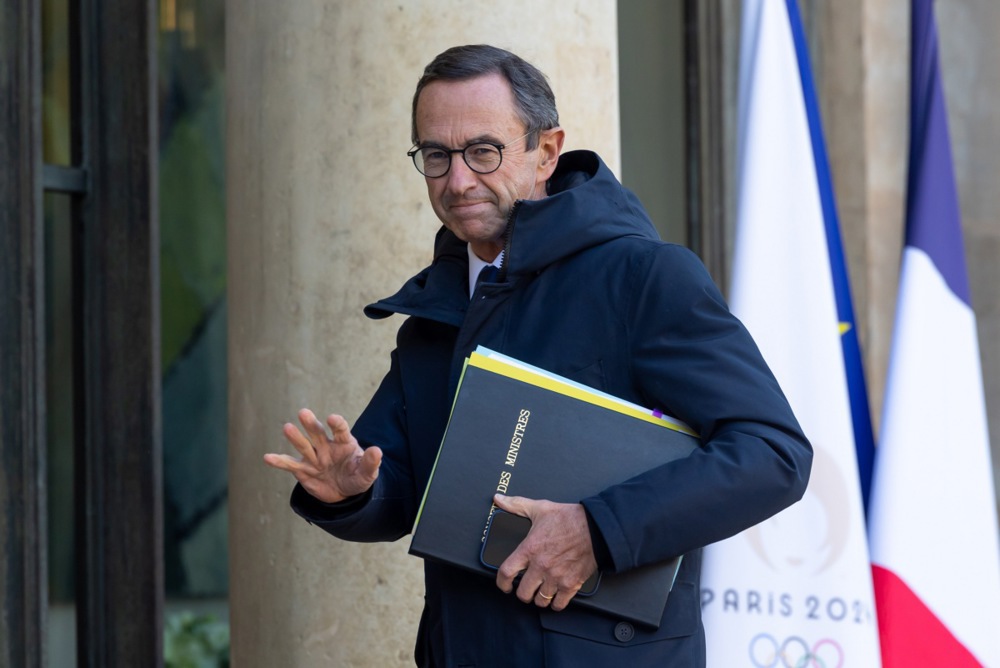French foreign minister Jean-Noël Barrot has stated that without an agreement on the Iranian nuclear programme, military conflict was “almost inevitable.”
During a hearing before the National Assembly on April 2, Barrot said that in the event of failure to find common ground there could be a military confrontation, carrying the grave risk of severely destabilising the region.
His comments were made on the same day French President Emmanuel Macron chaired a defence council on Iran.
“Ten years after the conclusion of the Iran nuclear deal, our confidence and conviction remain intact,” Barrot said.
“Iran must never acquire nuclear weapons.
“Our priority is to reach an agreement that will permanently and verifiably constrain Iran’s nuclear programme,” he said.
Barrot stressed that “the window of opportunity is narrow,” noting that only a few months remained before the 2015 Iran nuclear deal expired in November, after which UN sanctions against the country would need to be reinstated.
A French diplomatic source told news outlet RFI: “We must negotiate urgently and hard.”
Barrot’s remarks followed recent statements from US President Donald Trump, who said there would be “bombing in Iran in the absence of an agreement”. He also threatened the country with secondary tariffs.
On March 31, Iran complained to the UN Security Council about what it termed “reckless and belligerent” remarks by US.
An adviser to the Iranian supreme leader, Ayatollah Ali Khamenei, warned that his country would have to acquire a nuclear weapon if attacked by the US or its allies.
“We are not moving towards [nuclear] weapons but if you do something wrong on the Iranian nuclear issue, you will force Iran to move towards that because it has to defend itself,” Khamenei’s adviser Ali Larijani told state TV.
Iran and the permanent members of the UN Security Council — China, Russia, the US, France and the UK — agreed in 2015 to control Iran’s nuclear programmes so it could be released from international sanctions.
Trump unilaterally withdrew the US from the accord and reinstated US sanctions in 2018, during his first term as president.
Iran has been opposed to Israel, the US and Western powers, while it supported Houthi rebels in Yemen who have been attacking international trade in the Red Sea.
Ahead of the last US elections, Iran was also suspected of having plotted to assassinate Trump.
EXC: European institutions are likely to take a tougher stance against the Iranian regime, according to former MEP Alejo @VidalQuadras, who survived an assassination attempt due to his anti-regime lobbying. https://t.co/F57wDRAwD1
— Brussels Signal (@brusselssignal) September 24, 2024





